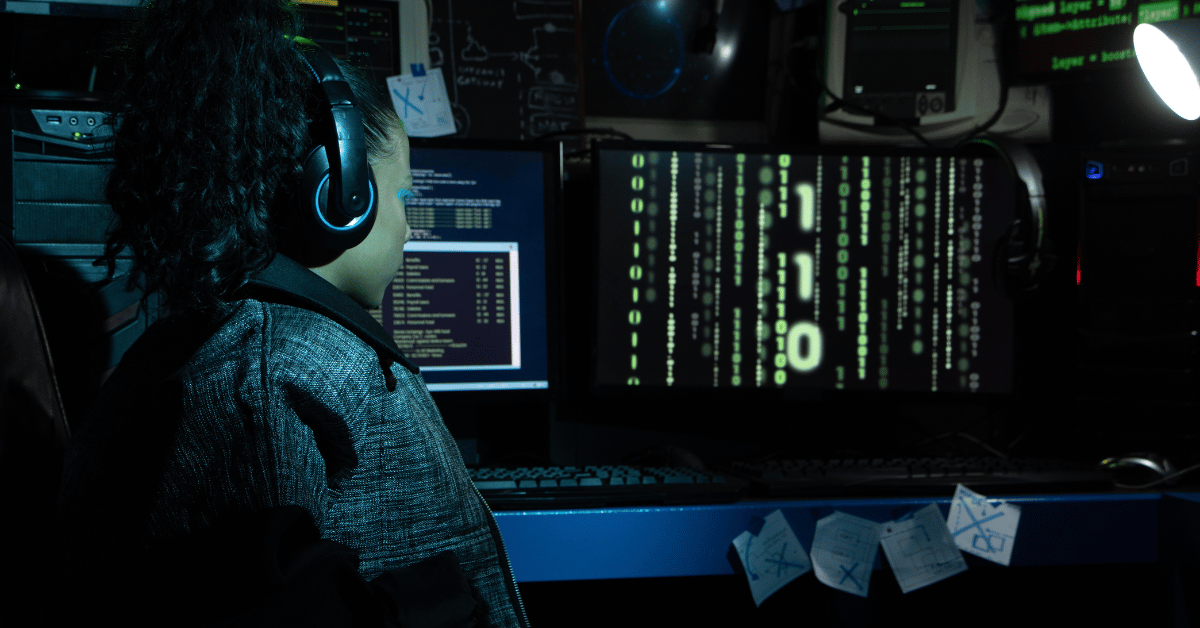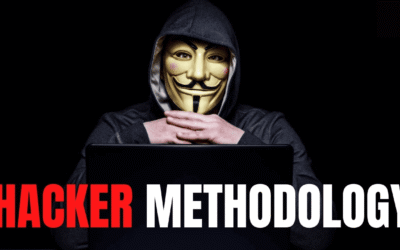For some time, I’ve been considering writing an article on why hacking is the most critical skill set in today’s world. Recent events, such as Russia’s alleged use of sophisticated hacking teams to influence the outcome of a U.S. presidential election, underscore this point vividly. These incidents are a powerful example of why mastering hacking is essential in the modern era and why pursuing a career in this field is a wise choice.
Russia is known for its formidable cyber capabilities. As the nation seeks to reclaim its former global influence, it has turned to cyber warfare and cyberattacks, which are far more cost-effective and impactful than traditional military assets like tanks or warplanes. The 2016 reported Russian interference in the U.S. election, potentially involving fabricated online news, breaches of the Democratic National Committee’s email systems, and possibly tampering with state voting machines, demonstrates the potency of these tactics. While the U.S. has voiced outrage, it’s worth noting that the CIA has a long history of interfering in foreign elections, making this a case of turnabout being fair play.
The Rise of Cyber Warfare
Historically, empires built their dominance through physical conquest, from the Greeks to the Romans to the British. However, the 21st century may mark the decline of traditional “kinetic” warfare in favor of cyber warfare. As societies rely increasingly on digital infrastructure, those who can manipulate or disrupt these systems, such as water, power, or communication networks, hold immense power. A nation that can disable an adversary’s essential services could effectively win a conflict without firing a shot. Recognizing this, governments worldwide are racing to recruit skilled hackers. The U.S. alone aims to hire tens of thousands of cyber experts in the coming years, even relaxing military standards to attract talent. This urgency signals the growing importance of cyber warfare and the high demand for elite hackers who could shape global history.
Cyber Espionage: The New Intelligence Frontier
The Russian election interference highlights the value of cyber espionage in accessing an adversary’s secrets. Unlike traditional espionage, which relies on human operatives, a single well-placed piece of malware in a critical system can yield more intelligence than countless spies. The NSA’s Flame program, for instance, showcased this capability years ago. Recent events, like the Panama Papers leak, which exposed hidden financial dealings of global leaders and led to political upheaval, further illustrate the geopolitical impact of cyber espionage. Russia’s alleged role in influencing the U.S. election may be the most significant example yet of how digital tactics can reshape global power dynamics.
The Booming Cybercrime Industry
Cybercrime has grown into a massive global enterprise, with estimates suggesting it generates over $500 billion annually, rivaling the GDP of many nations. As online commerce and mobile payments expand, this illicit industry is poised for further growth, despite efforts by banks and cybersecurity firms to curb it. Skilled hackers are in high demand within this shadowy economy, commanding substantial earnings for their expertise.
Advanced Persistent Threats (APTs)
The term Advanced Persistent Threat (APT) often refers to state-sponsored hacking campaigns, particularly those attributed to China. These operations target Western companies to steal intellectual property, such as designs and patents, which are then used to produce competing products. This systematic theft, described as one of history’s greatest economic heists, has cost Western economies trillions. It underscores the strategic importance of hacking in modern economic and geopolitical competition.
The Cybersecurity Boom
As cyber threats escalate, the cybersecurity industry is expanding rapidly. Financial institutions, losing billions to cybercrime, are investing heavily in defenses, and hackers, who often make the best security professionals. These experts are highly sought after, commanding top salaries and bonuses. Additionally, bug bounty programs are flourishing, with companies paying hackers to identify vulnerabilities in their systems before malicious actors can exploit them. For skilled hackers and penetration testers, opportunities in cybersecurity are both abundant and lucrative.
Final Thoughts
Hacking is undeniably the most vital skill of the 21st century, with its significance set to grow further. Hackers are reshaping global politics, economies, and warfare, making their expertise a critical asset for nations and organizations alike. The rising demand for these skills is reflected in the soaring salaries and opportunities in cybersecurity, cybercrime, and state-sponsored operations. For those with the talent and dedication to master hacking, the potential to influence the course of history is immense.





0 Comments